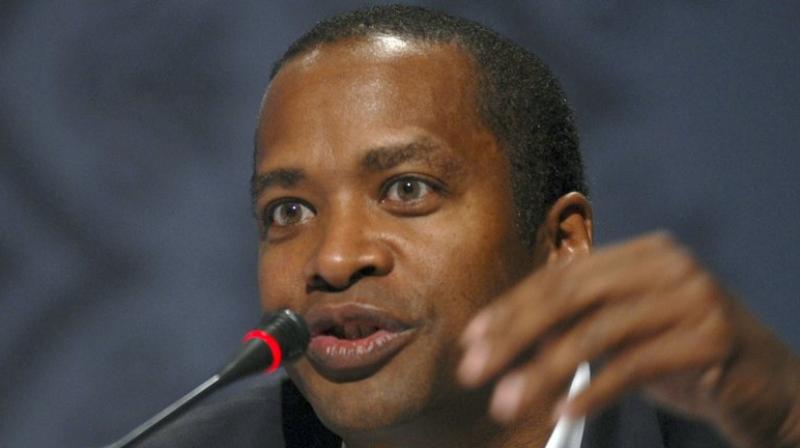Google legal chief leaving amid sexual misconduct troubles

David Drummond, the legal chief of Google parent company Alphabet, is leaving at the end of the month, following accusations of inappropriate relationships with employees.
Alphabet did not give a reason for Drummond’s departure in a short regulatory filing Friday.
The company said in November that its board was investigating sexual misconduct cases against executives. Claims against Drummond were included in the investigations.
Thousands of Google employees walked out of work in 2018 to protest the company’s handling of sexual misconduct claims. The board investigation followed lawsuits brought by shareholders after reports of sexual harassment at Google received national attention.
Last August, a former Google employee, Jennifer Blakely, published a report of her relationship with Drummond. Drummond has acknowledged a relationship with Blakely. But in a statement at the time, he said he “never started” a relationship with anyone else at Alphabet.
The company said Drummond is not getting an exit package as part of his departure. His compensation package for 2018 was worth USD 47 million, making him one of the company’s highest-paid employees, according to regulatory filings.
In a memo sent to employees, Drummond said that with founders Larry Page and Sergey Brin “now leaving their executive roles at Alphabet, the company is entering an exciting new phase, and I believe that it’s also the right time for me to make way for the next generation of leaders.”
He did not mention the misconduct allegations.
Drummond said Page and Brin asked for his help more than 20 years ago when what became Google and Alphabet was just an unincorporated startup. Drummond joined Google full time in 2002 and was named chief legal officer in 2006.
Drummond’s departure comes as Alphabet, like other big tech companies, faces regulatory presures around the world. Last March, Europe’s antitrust regulators ordered it to pay 1.49 billion euros (USD 1.7 billion) for freezing out rivals in the online advertising business. It also faces antitrust probes in the US as lawmakers question its power and dominance.
